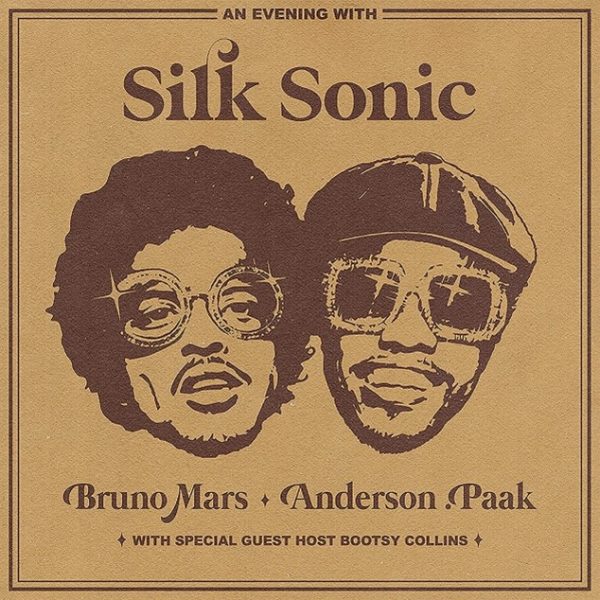Album Review: Basement Style by Jaya the Cat
Jaya the Cat, an ignored band, somehow managed to combine rap-metal and ska pun in a way that works surprisingly well.
Twenty years ago, Jaya the Cat, a reggae-punk band from Boston put out an album called Basement Style that nobody cared about. It did not go on to become a cult classic and will never find itself on any “most underrated albums of all-time” list. In short, it was an album that nobody ever cared about, and likely nobody ever will.
Jaya the Cat is not a band you find intentionally; you will never hear them on the radio, you won’t find their music in the stores. If you were to ever hear it on the radio, it would probably be at 3 AM on a pirate station.

Despite its lack of attention, Basement Style stands at a unique place in music history. Released in 2001, at the peak of rap-metal and towards the tail end of ska punk, Jaya the Cat somehow managed to combine them in a way that works surprisingly well.
The album opens with 20 seconds of static as songs cut in and out before the drums fade in. The first track, “Are You With Me?”, is part song, part manifesto, part call-to-action. Front man Geoff Lgadace declares himself an “advocate of the zero-hour work week”, but it’s more than simple laziness.
For Jaya the Cat, it’s a lifestyle, almost an act of revolution. Later in the song he states that “even if you win the rat race, you’re still a G*ddamm rat”, implying that success doesn’t make you any better than the rest of us.
Musically, Basement Style is more than a little eclectic alternating between old-school heavy- metal riffs and ska upstrokes that avoid the ridiculousness the genre is prone to by staying slower than many of their contemporaries. The combined effect is somewhat akin to if someone were to combine a mullet with dreadlocks, with the exception being that that would be the most hideous hairstyle ever created and this is an album that somehow works.
But that is just beginning as Lagadace half sings, half raps some of the songs, notably opener “Are you with me?”, and a few tracks even feature turntables (“State of emergency (Dub), Basement style). The one constant throughout the album is the groove; the bass stands out clear and distinct in the mix from a winding thump that forms the pulsating heart of the record. Bassist Ben Murphy and session drummer JJ O’Connell are locked together perfectly but somehow manage to be laid back all at the same time.
Lyrically the album is significantly more “mature” than many of their contemporaries, with political commentary that aged surprisingly well for what it is. “Just another question” angrily declares that today is “just another day in the two-party system, one speaks for the devil, the other for the businessman”. Later, “car crash” describes “a system set up to further the rich, it ain’t justice man, it’s just big business”. Both “Cultifornaia” and “convenience store” deal with an ill fated move to San Francisco that would leave the band broke and temporarily homeless.
In 2000 the band recognized the massive changes that were on their way and tried to warn us. Just maybe we should have listened.

Despite the heavy topics of some songs there are a few optimistic moments “Forward” declaresthat music pushes the listener “forward into something better”. The clearest message discernable from the album displays what I am going to call “Optimist Nihilism”, an open acknowledgement things might suck, they might be broke and only a few steps from homelessness, they might be trapped in a political system that they don’t agree with, but despite all this they still manage to find meaning and a reason to live through music.
As long as they can make their music, none of the rest matters. At times it seems akin to a religious sermon, and in one song, “the wilderness”, the singer claims he “found my salvation, here on earth/ I roll the tape on my twenty-four-track church”.
They seem to have concluded that there is no meaning in the world except for the one that you choose to give it. It’s an interesting position, and one we can all learn from. Its not about money or fame—its about doing what you enjoy because there’s nothing else to do.
If Basement Style was in any way successful, even just underground, it wouldn’t fascinate me the way it does. But because it’s so good and so ignored it raises itself far above what it was 20 years ago.
Jaya the Cat was too strange, too weird, in strange ways to find success at the time. They were too heavy and angry at the world for the Warped Tour crowd, and too fun and not tuned low enough for the nu/rap metal fans. As a result, they never found any real success, at least not in America.
Shortly after their second album, half of the band quit and the other half moved to Amsterdam where, presumably, people like what they do more because they haven’t performed in the US since 2005. They were set to play a show in the summer of 2020 but that was cancelled and who knows if they will ever come back? Hopefully when they do, people might be more receptive the second time around.









